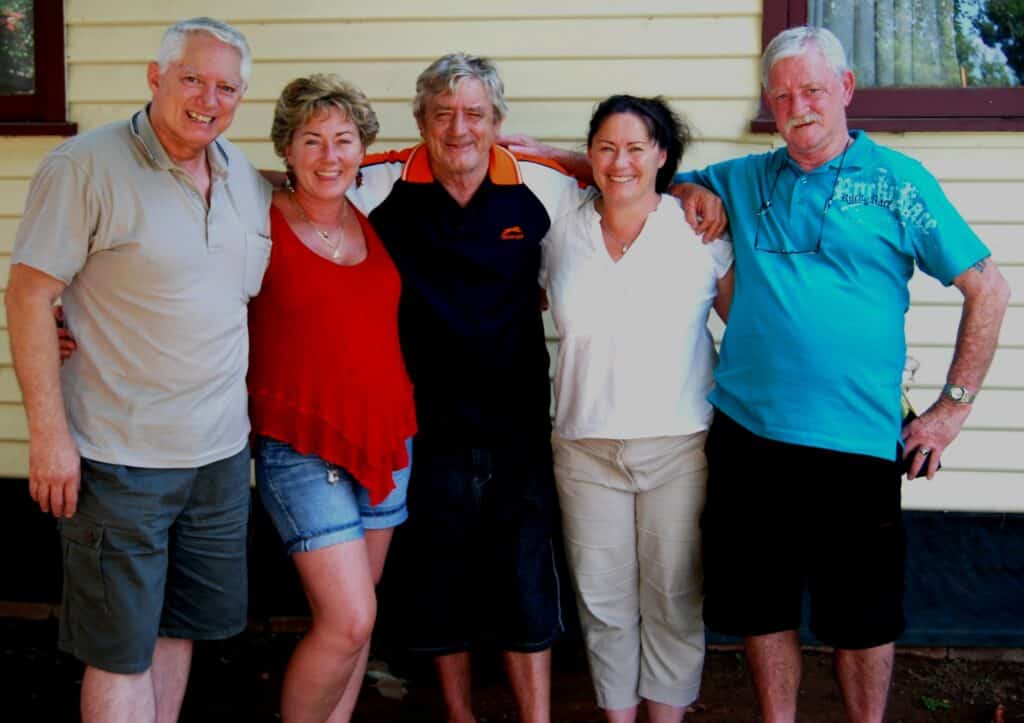
The NSW Government has responded to the recommendations of the Deputy State Coroner MacMahon in the inquest into the death of Mark Stephen Holcroft in 2009.
Mr Holcroft (pictured centre, with family) died after he suffered a heart attack in a prison van travelling from Bathurst Correctional Centre to Mannus Correctional Centre.
The Coroner made eight significant recommendations regarding more humane treatment of prisoners when being transported in prison vans over long distances.
The Government response indicates that Corrective Services NSW has taken some positive steps toward implementation of all eight recommendations.
Corrective Services NSW has responded to the key recommendations of the Coroner as follows:
- A ‘Commissioner’s Instruction’ has been issued which ensures the provision of water, food, toilet and exercise stops to inmates during designated journeys.
- Inmates who are being transported for two hours or more are given food at the beginning of a journey. If a trip is more than three hours, inmates are given food again, and at each subsequent three-hour interval.
- Transport officers on journeys of more than three hours are required to provide inmates
with toilet and exercise breaks at designated secure locations at correctional centres or police stations. - 39 transport vehicles have been fitted with two-way intercom systems.
PIAC welcomes these responses to the Coroner’s recommendations.
PIAC urges the NSW Government to ensure that the minimum standards recommended by the Coroner be consolidated into an accessible and publicly available set of standards regarding the transportation of prisoners.
These standards should comply with human rights principles and be adopted Australia-wide.

Watch: Challenging Injustice in Community Housing